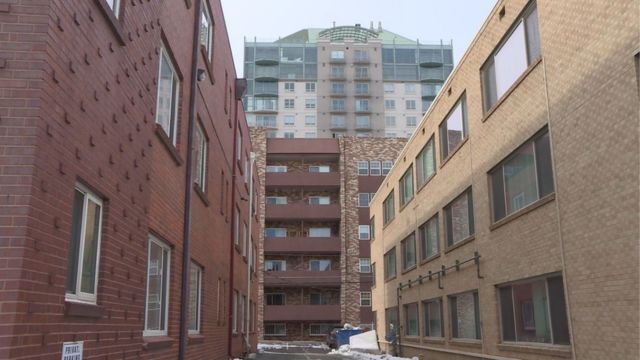Colorado saw 5,682 filings for eviction in January. The figure approached 1,500 alone in Denver. The most recent statistics indicate that a record high in evictions is expected to be reached statewide in 2024.
Co-founder of the Community Economic Defense Project (CEDP), Zach Neumann, voiced his worries over the detrimental effects that evictions have on people. “At this point, it’s spreading throughout the state more and more.”
The state’s Department of Local Affairs (DOLA) stated that 63,000 households were in arrears on their rent as of October 2023.
By June 30, 2024, the state plans to award $30 million in rental aid via the Temporary Emergency Rental aid Grant Program. The first deadline ended at 5 p.m. on Tuesday.
As the application process is extended for the next three months—at least until April and maybe May, depending on the availability of funds—tenants will have the chance to submit their applications monthly.
According to DOLA, candidates must have an average median income (AMI) of 80% or less. People also have to deal with the risk of being forced to vacate their primary residence or facing eviction. Priority will be given to tenants who have received court summonses.
According to Neumann, “the majority of people receiving rental assistance right now are those who are in danger of losing their homes.”
Colorado’s $30 Million Rental Assistance Is Probably Not Enough to Meet the Rising Demand
It is possible that more people will apply than there are funds available. Five nonprofit groups—Community Economic Development Project, La Puente, Total Concept, Neighbor to Neighbor, and Brothers Redevelopment—will divide the money.
A minimum of 3,700 households are anticipated to benefit from the $30 million in planned funds.
“It is anticipated that all of the funds will be used at that point in accordance with state law.” By June 30th, all of the money has to be gone, according to Neumann.
Given the timeframe, it is anticipated that resources will be limited later in the year.
Filings for eviction are increasing. Statewide, we still haven’t made up our minds about how to handle rent increases and evictions. “This conversation will continue until we address the underlying issue of affordability,” Neumann declared.
The state still receives over $10 million in emergency financing for rental assistance, which is provided by a different source of money. That fund provides rental assistance to about 100 homes each week; the money must be spent until September 30, 2025. The state will provide rental assistance using money from the voter-approved Proposition 123 starting next year.




